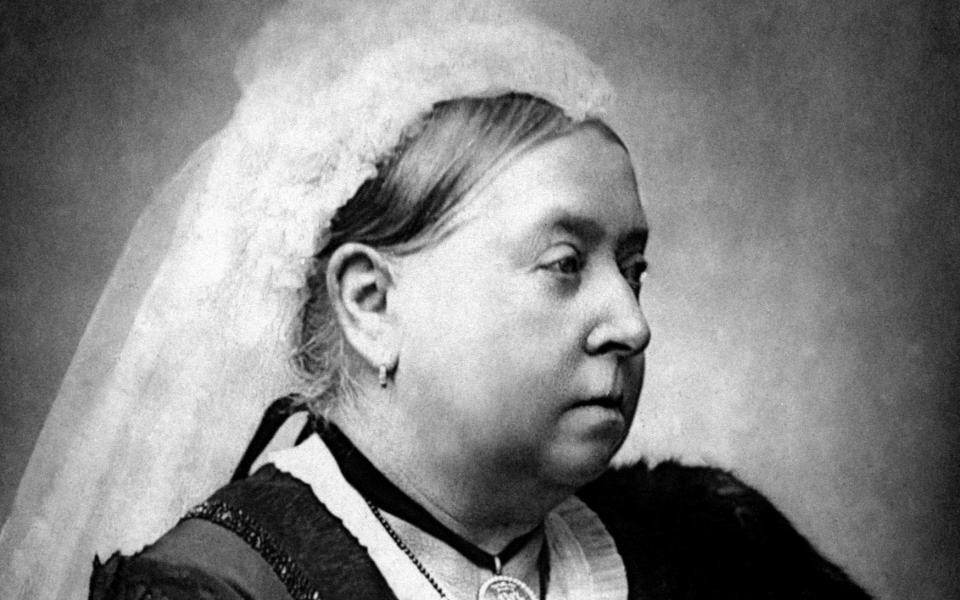Majority of young people do not feel proud to be English, survey finds

The majority of young people do not feel proud to be English, a major survey has found.
18-24-year olds are more likely to be embarrassed about their English heritage than those from older generations, according to a YouGov poll of over 20,000 adults.
Among the younger age group, 55 per cent said they not feel proud to be English, almost double the proportion of those aged 65 and over.
Frank Furedi, emeritus professor of Sociology at Kent University, said that schools were to blame to failing to teach children to have a “sense of pride in the country’s past”.
“In schools they have [practically] stopped teaching history, and the history they do teach tends to be very sceptical of Britain’s past,” he said. “Instead of seeing the Victorian era as the height of progress, change, industry and the abolition of slavery, it is seen as very negative. Even the Magna Carta is presented as a bunch of feudal lords.”

He said that teachers are instilling a sense of scepticism in children about the country's past. “We are socialising children to regard England as this undistinguished and oppressive nation," he said.
English pride is felt by about two thirds of people in coastal and former industrial towns but less than half of people in major cities like Liverpool and Manchester, the poll found.
Parts of Lincolnshire and the Midlands identity particularly strongly as English, with more than nine out of 10 respondents saying they felt very strongly or fairly strongly English.
However, in London boroughs such as Hackney and Lambeth, pride in being English is felt by less than four in ten people.
The poll, commissioned by the BBC, also found that those who voted to remain in the EU are more likely to believe that England will be better off in the future. One in five of those who wanted to stay in the UK said they believe the Engand’s best years are yet to come, compared one in six of those who voted in favour of Brexit.
However, the majority of those polled – both Brexiteers and Remainers – said they believed England was better in the past.
Young people are more likely to be optimistic about England’s future, with 28 per cent saying they think the country’s best years lie ahead. Despite taking a pride in their Englishness, the majority of over 65s believe England was better in the past.
Those from black and minority ethnic backgrounds (BME) are more likely to feel British than English, the survey found.

 Yahoo News
Yahoo News 